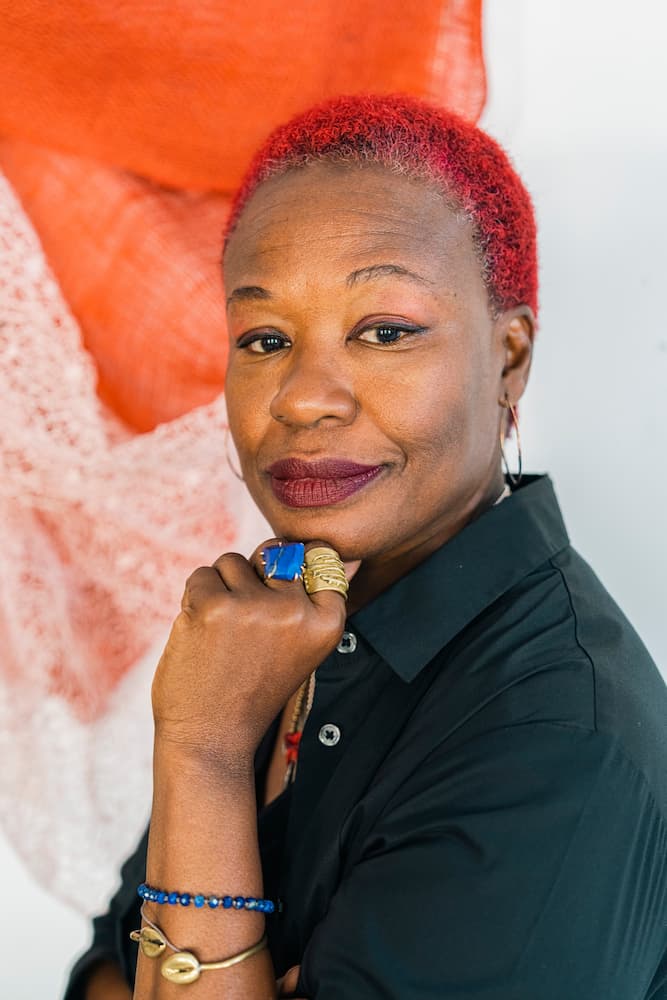AES Board’s statement on the importance of the American Ethnological Society assembling this spring
February 10, 2017
Dear Colleagues and Students,
AES is aware that the new Trump Administration—especially its executive order banning international travelers, migrants and refugees—has prompted calls for conferences in the United States to be boycotted.
AES’s board is united in denouncing Trump’s executive order. The order contravenes international law, the traditions of the United States, and the culture of inclusivity for which anthropologists stand. The American Ethnological Society has issued a statement of condemnation and endorsed the AAA’s own statement.
AES is less than two months away from running its annual spring meeting, the first major gathering of anthropologists in the U.S. since Trump took office. While we acknowledge and respect the position of those calling for a boycott of conferences in the U.S., we ultimately agree with our parent association, the AAA, that this moment calls for anthropologists to “be present, not absent.” Quite apart from the fact that many conferees have already purchased plane tickets and made hotel reservations, we believe it is important to provide a space for anthropologists to gather and debate the deeply troubling developments we have seen in recent weeks.
We are also mindful of our students, some of whom are afraid to leave the U.S. in case they cannot return. We have students who are now canceling trips abroad to see their families, to attend conferences, or for their fieldwork. For these students, and our post-PhD colleagues to whom this also applies, moving our conference out of the U.S. would not be a solution.
We have thus decided to hold our conference as planned to provide an opportunity for face-to-face fellowship, intellectual exchange, and organizing at a moment when we feel many most need it. We will be expanding our conference schedule to include a new workshop on “teaching in the Trumpocene” and a town hall meeting on ways to be an engaged anthropologist in our quickly changing political environment. We need more opportunities, not fewer, to discuss the implications of the Trump Administration for our students and research interlocutors, as well as for our broader ethnographic projects. What might anthropologists have to contribute to the current struggle for a more pluralistic, humane, and just world?
For colleagues and students listed in the AES17 program who are unable to travel to the U.S., we will refund registration fees and try to livestream their panels. If you fall into that category, please let us know.
Sincerely,
The AES Board


